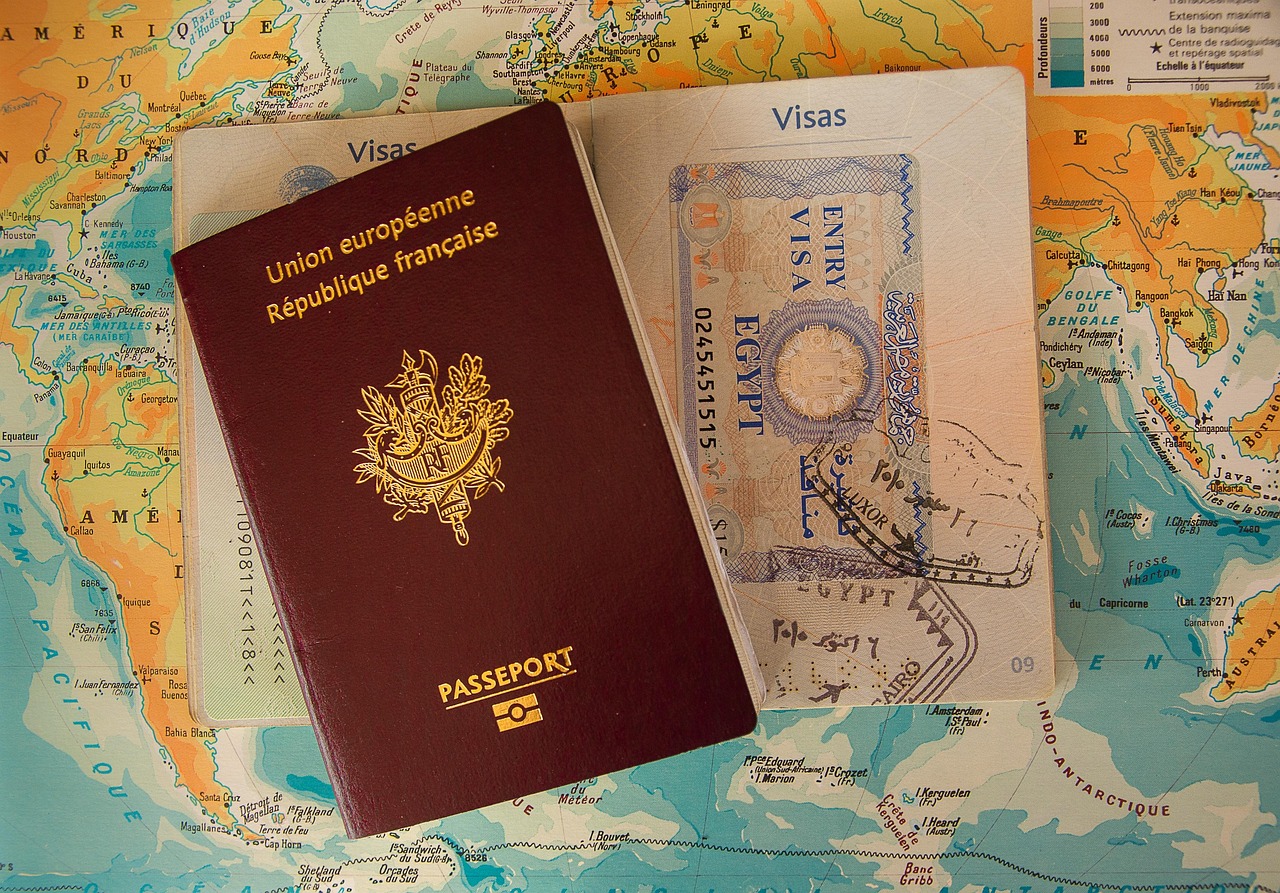Introduction
For many parents, sending a child abroad feels like “4 years away from the real job market.”
👉 But in reality, studying abroad — especially in Southeast Asia — can give students an early head start in career experience even before graduation.
Work experience during studies helps students:
- Build stronger resumes
- Gain industry-relevant skills
- Create professional networks
- Increase post-graduation job offers
- Boost migration eligibility
In this article, we’ll explain exactly how international students in Southeast Asia can work legally during their studies — and why this early work exposure is one of the most powerful long-term career assets.
1️⃣ Why Early Work Experience Is a Global Career Accelerator
✅ Employers worldwide increasingly prioritize:
- Work experience + academic knowledge
- Real-world problem-solving
- Communication & teamwork under pressure
- Industry exposure before full-time employment
✅ Students with even 6–12 months of part-time or internship experience often receive:
- More interview calls
- Higher starting salaries
- Faster promotions
- Easier visa sponsorships
🔎 Work experience builds confidence and credibility long before graduation day.
2️⃣ South Asia Countries That Allow Work-While-Studying
| Country | Work Permission During Study |
| Malaysia | 20 hours/week (semester breaks, approved sectors) |
| Singapore | 16 hours/week (during term) |
| Thailand | Limited work permits (on-campus or special programs) |
| Indonesia & Philippines | Restricted; generally allow internships through university programs |
✅ Rules vary — but all students can pursue:
- Paid internships
- Industry training programs
- On-campus part-time jobs
- Career-building volunteer roles
🔎 Sigma Education provides full legal work permission guidance for each destination country.
3️⃣ Types of Work Experience Available to International Students
✅ Academic Internships (Industry Placement)
- Usually organized through university career offices
- Industry-relevant experience for degree requirements
- Often unpaid or stipend-based but very valuable
✅ Company Internships (Private Companies)
- Competitive, interview-based placements
- Paid or unpaid depending on company
- May lead directly to full-time job offers
✅ On-Campus Jobs
- Library assistants, research labs, IT support, student services
- Convenient for maintaining study schedule
✅ Part-Time Hospitality & Service Jobs
- Hotels, events, retail (especially during semester breaks)
- Limited in work hours but valuable for communication skills
✅ Freelance or Remote Work (Where Permitted)
- Digital marketing, programming, graphic design
- Some countries allow limited freelance work under specific visa categories
4️⃣ Direct Employer Benefits of Work-While-Studying
✅ Employers see candidates who already have:
- Industry terminology knowledge
- Exposure to real business environments
- Ability to handle multitasking
- Practical software & technology skills
- Early professional discipline
🔎 Many employers prefer graduates who “understand the workplace” from Day 1.
5️⃣ Work Experience Boosts Post-Graduation Visa Eligibility
✅ Many post-study work permit or migration systems award extra points for:
- Internship experience
- Skilled part-time work
- Industry-relevant placements
✅ Countries like Canada, Australia, UK, and Singapore often recognize work done during studies when calculating permanent residency points.
🔎 Early work = higher migration pathway eligibility after graduation.
6️⃣ Early Work Builds Global Networking Connections
✅ Students build real-world contacts through:
- Internship supervisors
- Colleagues in the industry
- HR recruiters
- Professional mentors
✅ These connections often lead to:
- Job offers post-graduation
- Industry references
- Global transfer opportunities
- Migration sponsorship support
🔎 Networking starts inside the workplace — not after graduation.
7️⃣ Hidden Benefit: Stronger Soft Skills Development
✅ While earning money, students also develop:
- Time management
- Professional communication
- Conflict resolution
- Work ethic
- Self-confidence in the business world
✅ These soft skills make a huge difference during future job interviews anywhere in the world.
8️⃣ Why South Asia Is Uniquely Positioned for Early Career Experience
✅ Regional MNC headquarters offer wide internship access
✅ English-medium work environments build global confidence
✅ Lower competition compared to Western countries
✅ Employers value multi-lingual international students
✅ Lower cost of living allows flexibility to focus on skill-building jobs rather than survival jobs
🔎 South Asia gives students a “safe zone” to test and build career experience while still studying.
Conclusion
Work experience doesn’t start after graduation — it starts the moment students step into the international environment.
By studying abroad in South Asia, students gain not only an internationally recognized degree — but the chance to build real-world career experience, industry connections, and professional maturity long before competing graduates back home.
At Sigma Education, we don’t just help students secure admission —
👉 We create full Global Career Development Plans starting from Year 1.
✅ Want to map out your child’s full Work + Study career plan?
Book your FREE Career Development Consultation with Sigma Education today.



